Spiritual Health Home
How can we help?
Lean on Us
Our Spiritual Health team includes 55 full-time staff and 52 part-time staff who serve across the Emory Healthcare system 24/7. We are here to respond.
About Us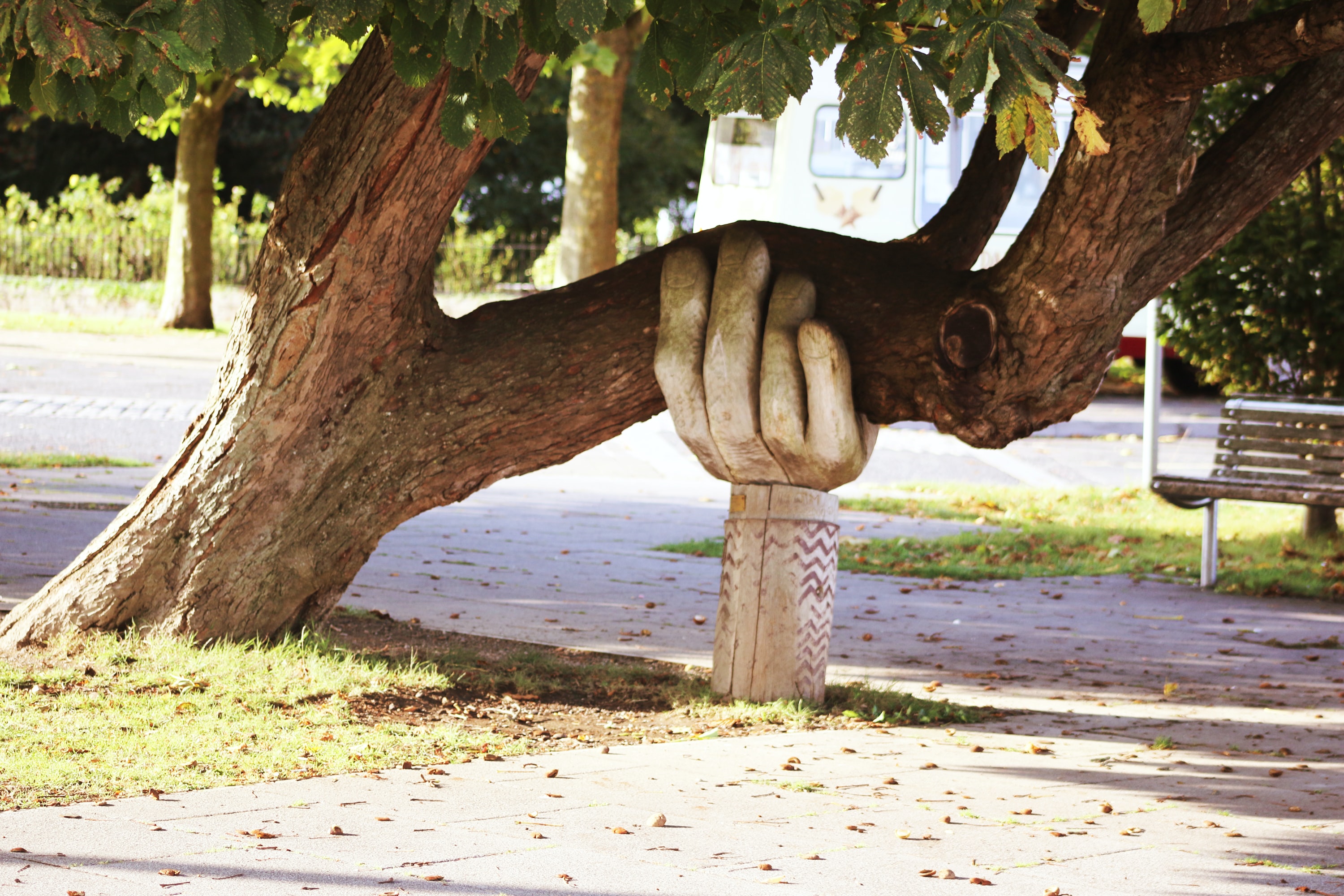
Always here for you
As Spiritual Health works alongside you in the care response to patients and their families we are equally dedicated to be first responders to staff at every level on ten campuses across the EHC system.
Our Services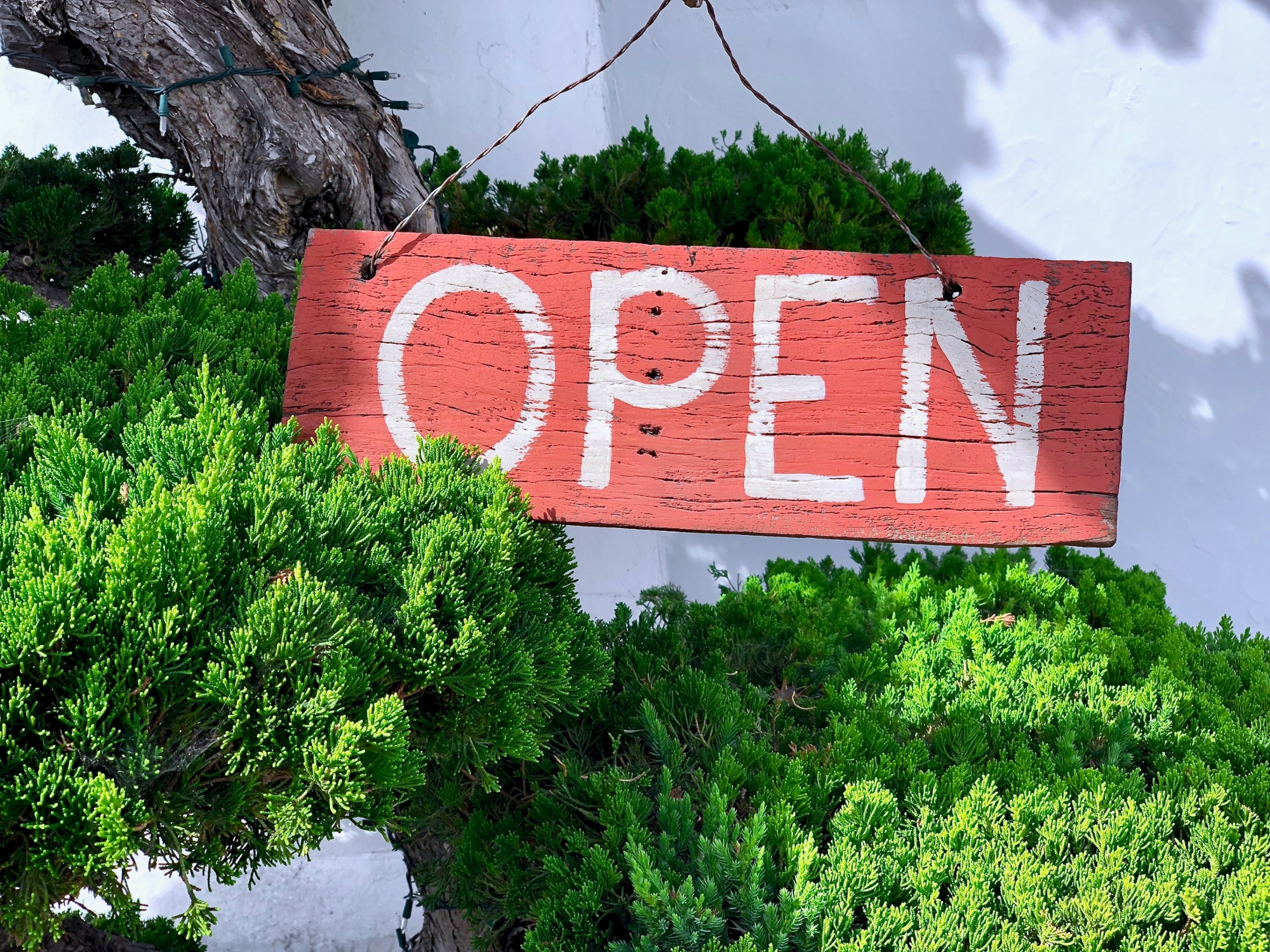
Leader in Education
Spiritual Health at Emory Healthcare offers a unique and creative environment where trainees engage in diverse activities of spiritual care, education, and research. We offer Internships, Fellowships and Residencies.
Our Programs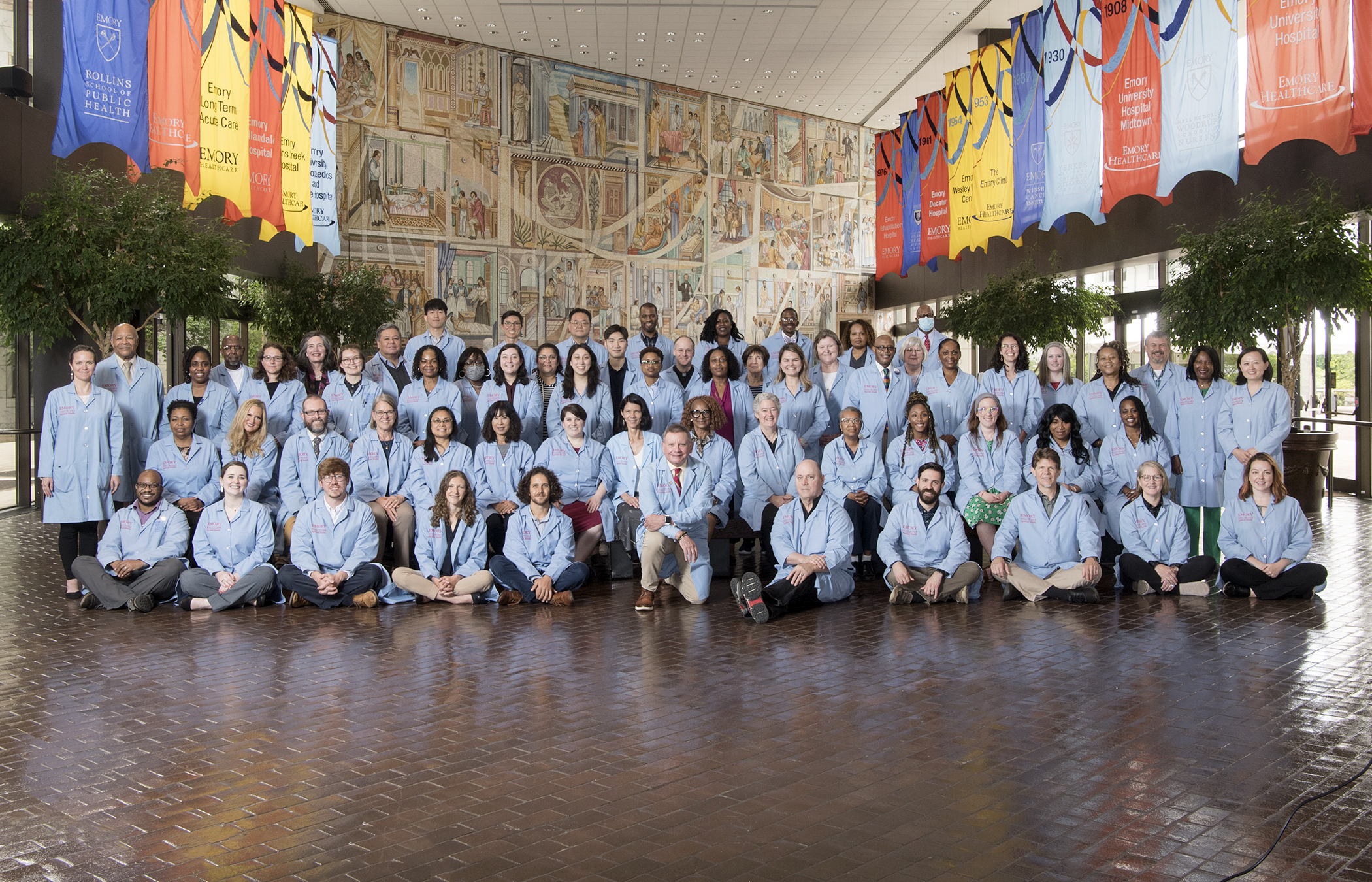
Wellness Resources
Featuring Staff Resources, Patient Resources and our video series on Youtube which includes meditation guides, prayers, breathing exercises, and more!
Wellness Resources
Research
A multi-year, multi-study research effort to investigate the potential benefits of Cognitively-Based Compassion Training (CBCT) for chaplains and the effect of CBCT-adapted bedside interventions on patient outcomes.
Our Research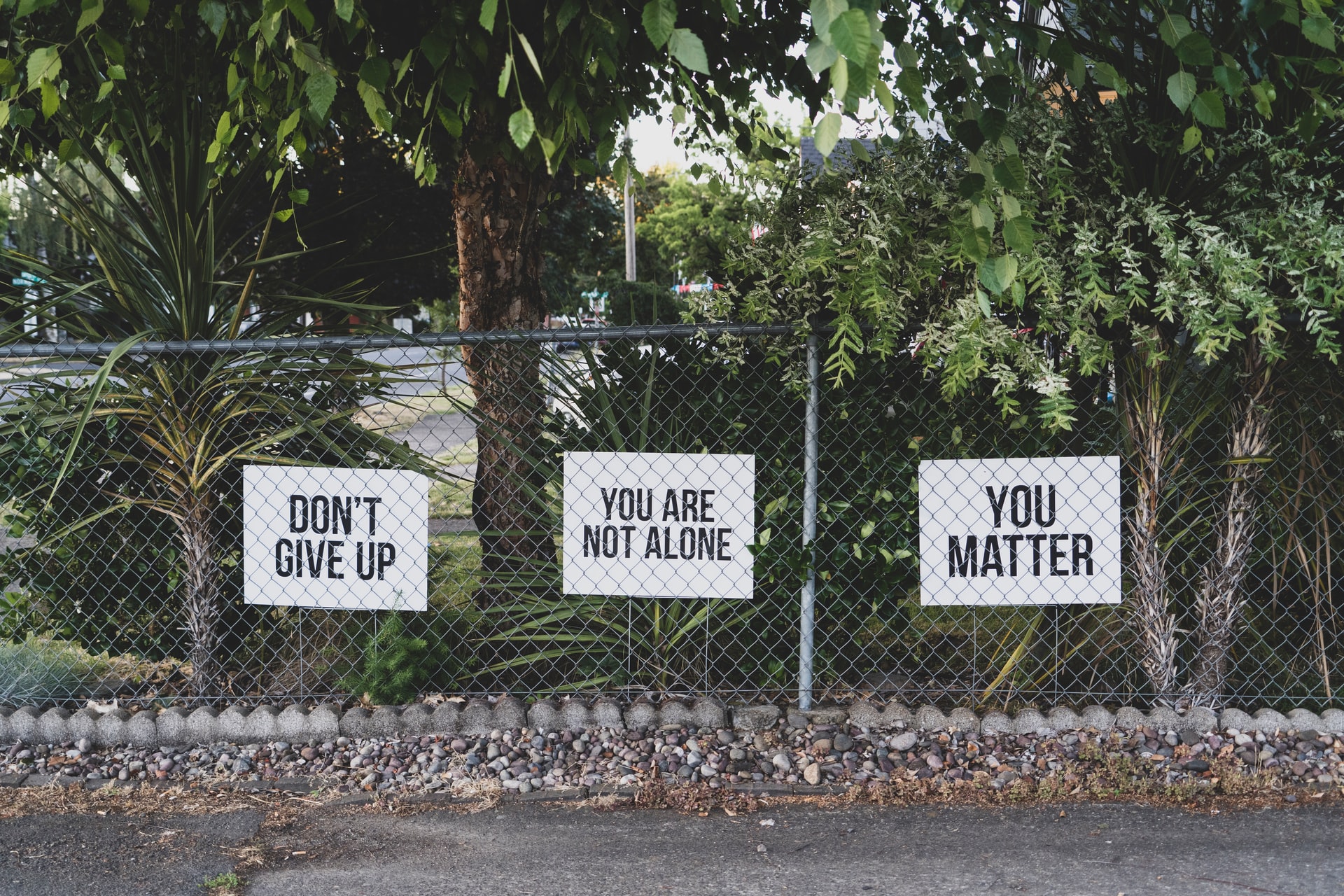
Friends of Spiritual Health
Bringing together the community of the spiritual health professions.
Learn more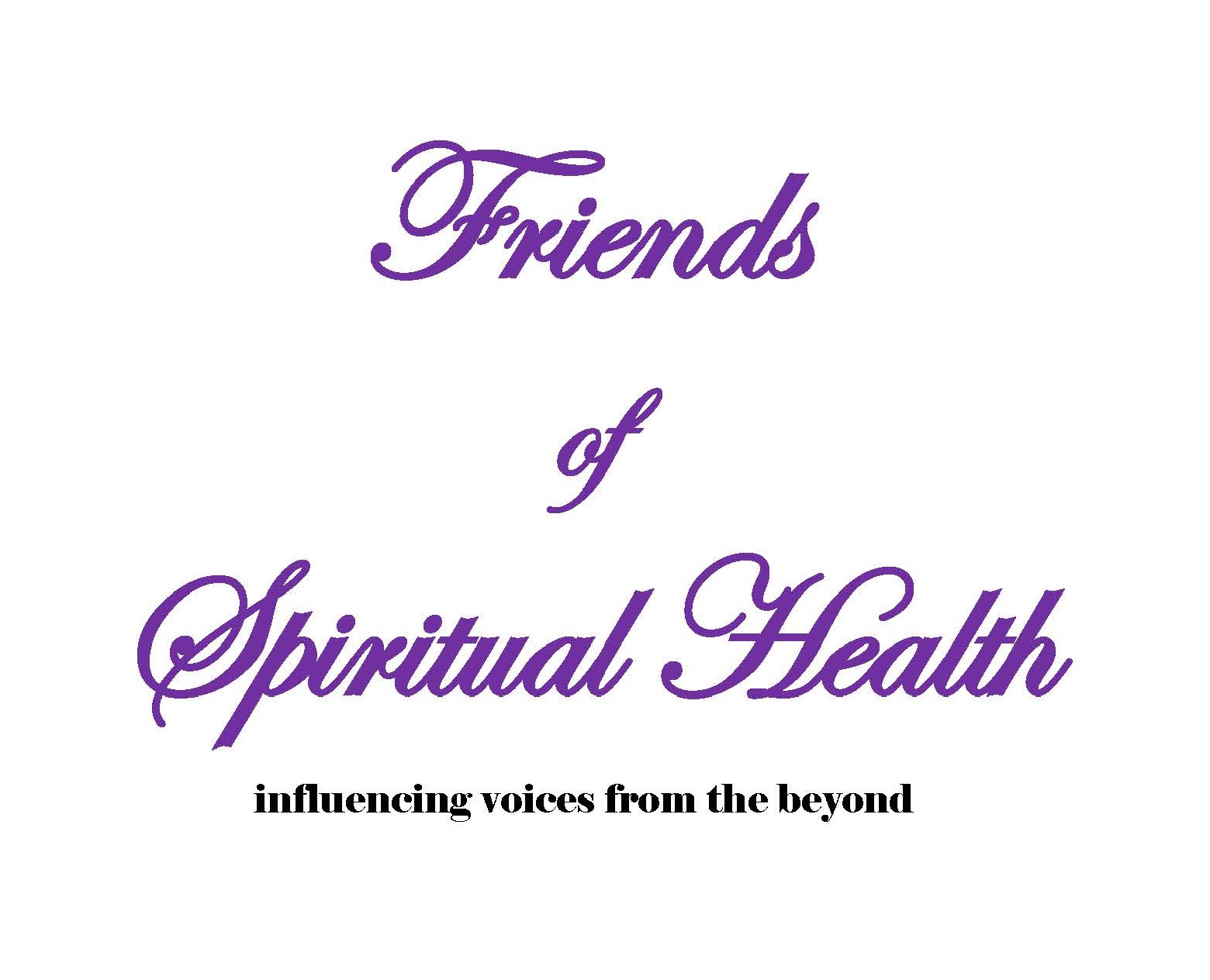
Call Spiritual Health When:
- A patient or family member is experiencing emotional distress, or simply displays strong emotions that may signal need for help with feelings
- A patient is dying or has died and it seems patient or family could benefit from emotional/spiritual support
- A patient has received a new diagnosis or there is a significant change in the plan of care, such as a transfer from regular floor to a critical care unit
- A family meeting is happening - the chaplain can offer support during and after the meeting, and help interpret patient/family needs to the treatment team
- There is conflict between the patient and family or between the patient/family and staff
- There are religious or cultural factors that impact decision making
- A patient is experiencing loneliness or isolation in the hospital
- Patient seems to be losing hope or motivation
- A patient or family member is seeking religious care - if the chaplain is unable to offer the specific service, contact can be made with outside religious leaders
- A staff person is experiencing moral or emotional distress
- Patient or family expresses desire to discuss organ, tissue or eye donation
- Patient is having trouble coping with an illness
- Patient or family requests information about Advance Directives (Not available at Emory Johns Creek Hospital)
Featured Video
Featured News
Caring for the Casualties of a Broken System
Authored: Beth Jackson-Jordan
Baby monitors serve as new communication tool in Emory ICUs Woodruff Health Sciences Center
Featuring: Mary Beth Krivanek
Hospital chaplains adjust to the new normal with COVID-19
Featuring: Beth Jackson-Jordan & George H. Grant




